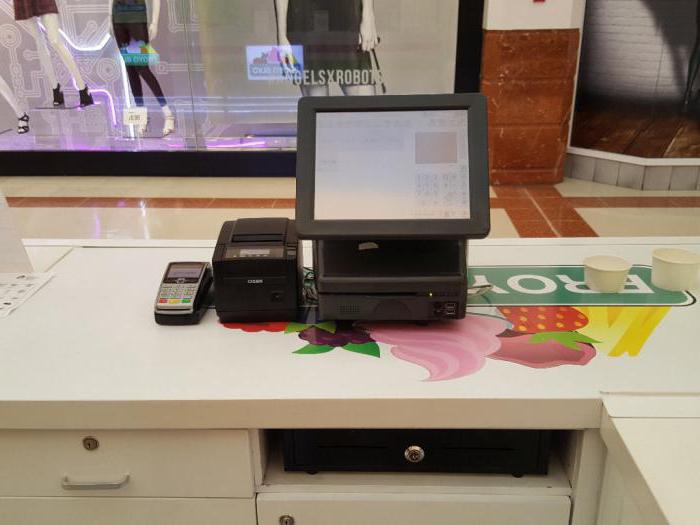The term "fiscal storage" is fairly new. It appeared thanks to the amendments that were made to the legislation on cash registers. They entered into force on July 1, 2017 and completely changed the requirements for CCM. New devices began to be called online ticket offices because of their ability to transmit data over the Internet. And they acquired this ability precisely thanks to fiscal drives.
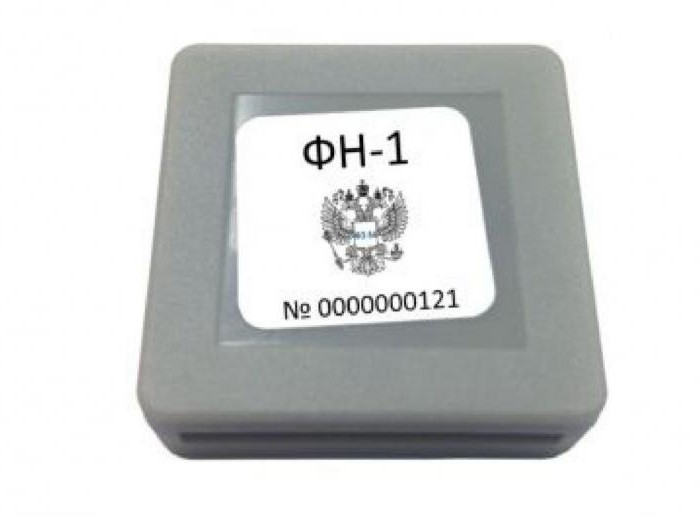
A modern alternative to ECLZ
Fiscal storage (FN) is an element of cash registers of a new sample. It can be called the brain of the CCP, since it is he who remembers all fiscal information. This module has become a replacement for the obsolete EKLZ, which are no longer used today. The drive not only took over the functions previously performed by electronic tape, but also significantly expanded them. The main tasks of the drive are as follows:
- signature and encryption of checks;
- transfer of information about them via the Internet;
- receipt and verification of response information;
- storage of data on stamped checks without the possibility of adjustment;
- blocking the formation of a check if the memory of the drive contains non-transmitted data generated more than 30 days ago.
How does fn work
For the fiscal drive to interact with the tax service, one more link is needed - the fiscal data operator (OFD). This is a company that will ensure the secure transfer of information from the drive to the Federal Tax Service server. Data is transmitted using the information exchange protocol approved by the tax service. The interaction between these links is organized as follows:
- the fiscal drive captures information about the stamped check;
- if you have an Internet connection, it instantly transfers data to the OFD;
- the operator sends them to the FTS server and to the buyer’s email or phone number (if the latter wishes to receive an electronic check);
- if there is no Internet connection, information about the stamped check is stored in the memory of the drive.
Thus, thanks to the fiscal drive, the tax service receives information about the stamped check almost at the time of its formation. In the event of a malfunction in the Internet, information will be stored on the drive. As soon as the connection is restored, the data will be transferred to the OFD, and then to the Federal Tax Service. So sellers should not worry - if the Internet is gone, you will not have to stop sales. But it is important that the connection is restored within 30 days, otherwise the func will be blocked.
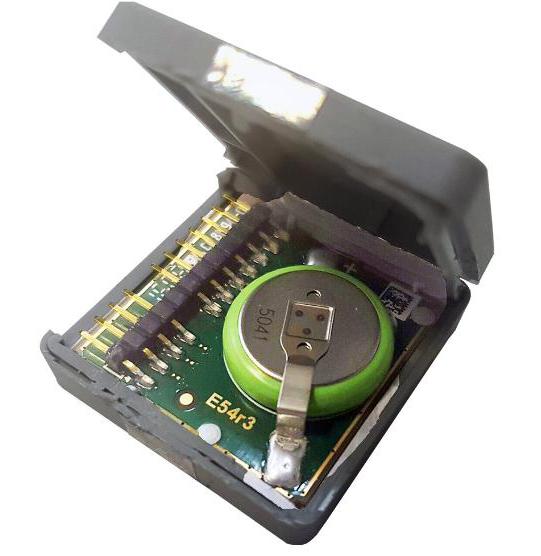
KCP modernization
Any model of modern cash registers is equipped with a fiscal data storage device. But in order to fulfill the requirements of the law, it is not necessary to acquire a new apparatus. You can upgrade an existing cash desk - it will cost a little cheaper. Manufacturers of fiscal drives made sure that they had the same size and type of connection to the device as ECLZ. That is, the drive can be installed in the box office instead of tape. In addition, you will need to change the firmware of the board. Such services are provided by service centers of KKM manufacturers.
Validity
The main criterion for choosing the fn is the validity period of the key of the fiscal attribute. This is the period during which the drive will function after its registration with the Federal Tax Service. As a general rule, it is 13 months. However, companies and entrepreneurs who use special tax regimes, as well as sell services, must use devices with a fiscal drive that lasts 36 months.
After the specified period, the fn is subject to replacement. It was also with ECLZ, but at the same time I had to contact a service center. But FN can be replaced with your own hands.After that, it is necessary to ensure its storage for 5 years. Together with the drive, you should keep reports on its closure and on changes in the registration data of the CCP.
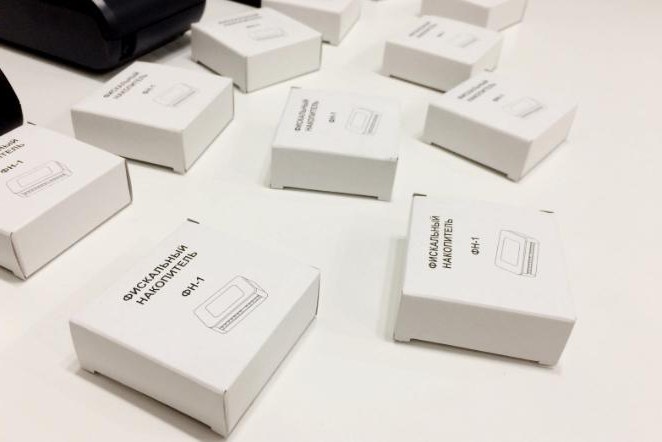
Drive registry
The tax service maintains a register of fiscal drives, which lists authorized models for sale, their parameters and manufacturers. You can find it on the website of the Federal Tax Service. So far, there are only 4 drives in the registry. They are installed on the box office of a new sample or offered for sale to replace or upgrade old devices. Three drives from the registry have a validity period of 13 months, and one - 36 months. Also on the service website you can check the purchased copy of the fiscal drive by the serial number.
Lock
If the data on the checks will not be transmitted to the OFD for more than 30 days, the drive will be blocked. This means that the cashier will not be able to beat checks. To sell goods through such a device will not work. This can happen due to the lack of Internet, so it is important to always monitor the operability of the communication channel.
The most unpleasant consequence of this is the need to stop the sale of goods. However, neither reporting to the Federal Tax Service or OFD, nor re-registering, let alone changing the drive, will be necessary. It is only necessary to eliminate the cause of the block, that is, to restore the connection of the ticket office with the Internet. After that, the payroll is unlocked independently and will again begin to transmit data about the broken checks.
It happens that the company has a backup CCP, which is used only occasionally. For example, in the event of a breakdown of the main unit or as a portable cash register when delivering goods. Will FN be blocked if more than 30 days elapse between the formation of checks? You can not worry about this. Locking occurs only when an unsent check has remained in the drive. If the check is sent to the OFD, then there will be no blocking even if the cashier is used less than 1 time per month. So every time after using the backup cash desk, you can safely turn it off, after making sure that the sales data are transferred to the Federal Tax Service.
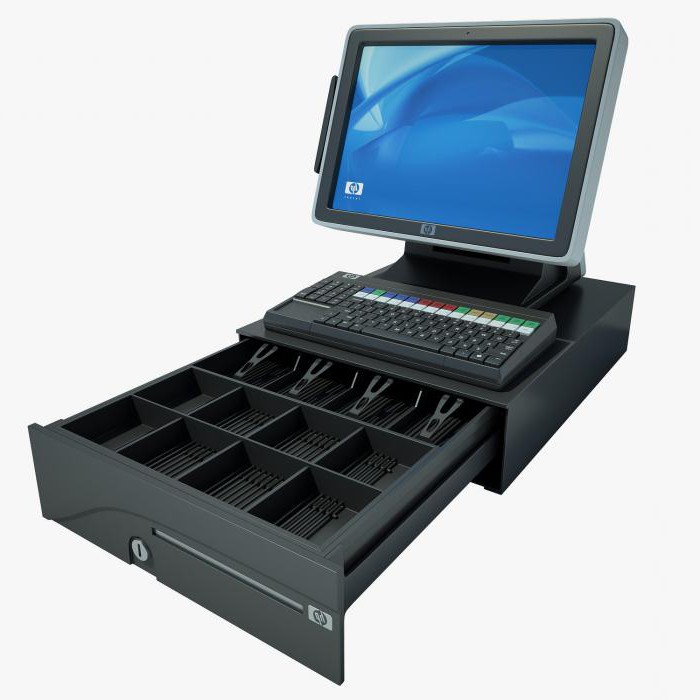
Is it possible to do without a drive
The law provides for exemption from the need to use the cashier in the implementation of certain types of activities. In addition, until July 1, 2018, entities that pay UTII or provide services to the public, as well as IP on a patent, can work without CCP. However, some of these taxpayers use cash registers, despite the absence of a duty. Can they use devices without a fiscal drive?
The presence of a cash desk with a drive is a requirement of the CCV law. It was possible to register old-style equipment at the Federal Tax Service before February 1, and use it until July 1, 2017. From this date, it is prohibited to use old devices in Russia. Therefore, if the above-mentioned entities work with CCP, then they must use a cash register with a fiscal drive.
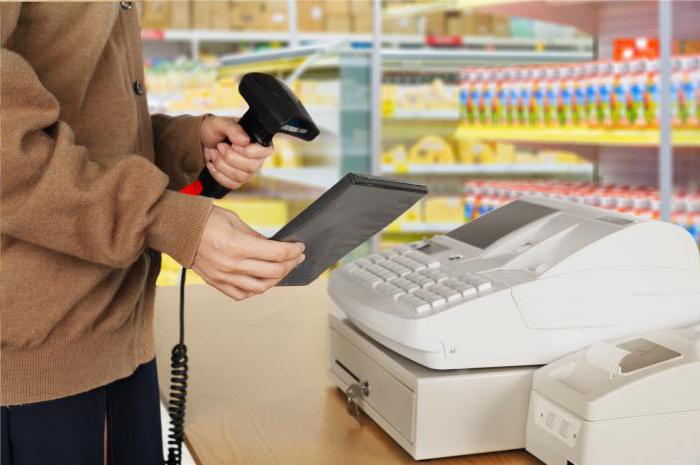
There is still relief for trading enterprises located in settlements remote from communication networks. They are also required to use cash desks with fn, but may not transfer fiscal information to the Federal Tax Service. In this case, the cash desk will be used offline - the information will be stored in the memory of the drive. According to the criterion in force today, a settlement with less than 10 thousand people can count on this benefit. The list of such territories should be approved by the regional authorities and published on the site of the local administration.
So, the fiscal drive today is an indispensable element of the CCP. It turns an ordinary cash register into a modern device, which is able to store data in encrypted form and transfer it to the Federal Tax Service. This should simplify the work of the service, ensure transparency of reporting and reduce the burden on the business in terms of tax control.
